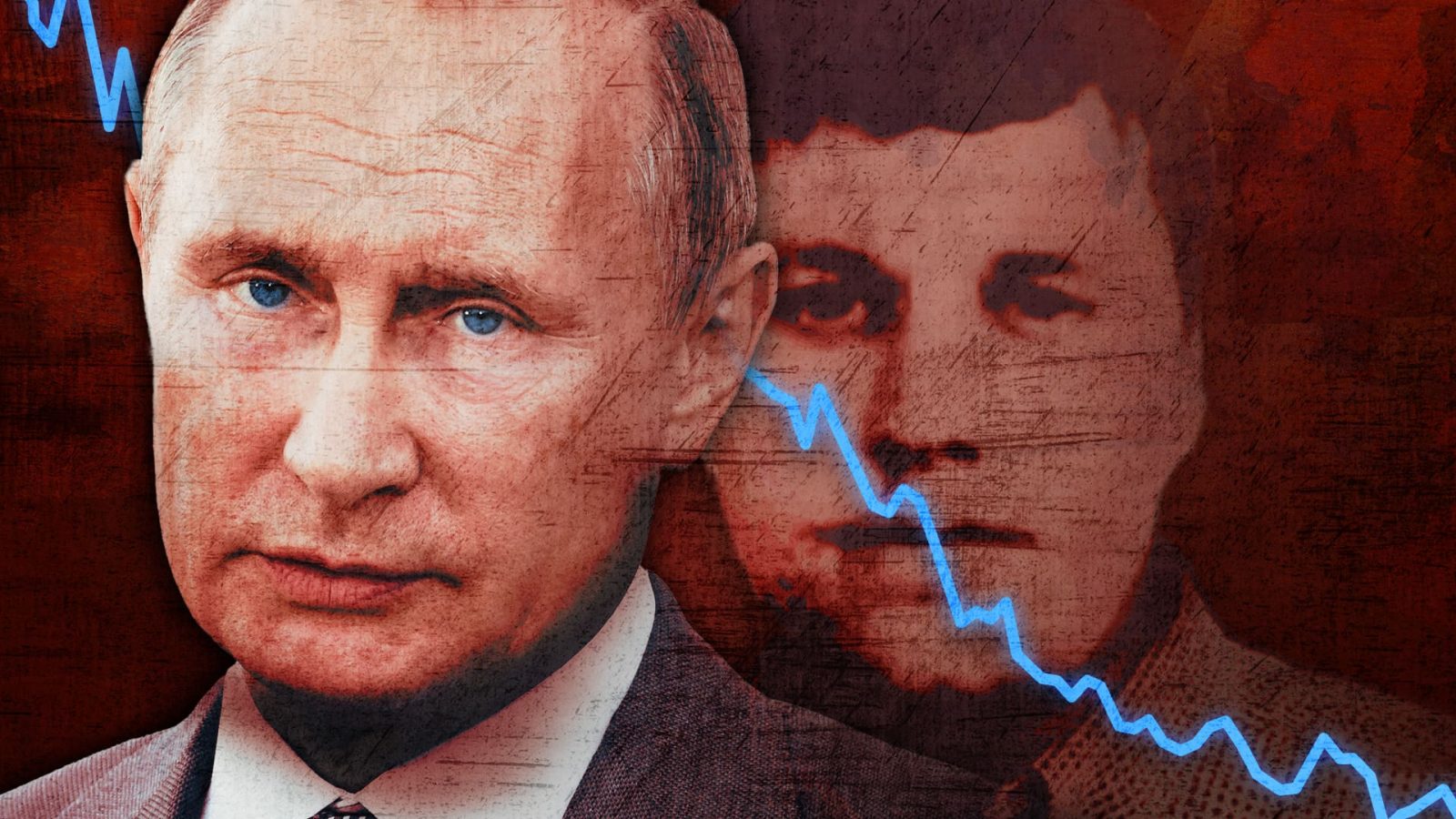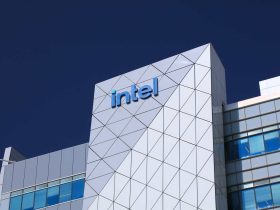WASHINGTON — The White House announced a massive, multinational prisoner swap Thursday between the United States, Russia and other nations. As part of the historic deal, the Russian government released high-profile Americans held in captivity there, including Wall Street Journal reporter Evan Gershkovich, who had been in a Russian prison for more than a year.
Also included in the trade were a number of Russians who had been arrested for various crimes and held in prisons in the U.S. and other countries.
Among that group was a wealthy young Russian entrepreneur named Vladislav Klyushin – who was incarcerated in a federal prison for his role in one of the most damaging insider trading schemes in Wall Street history.
For much of the past year, CNBC has been working on a documentary about the spectacular rise and fall of Klyushin and his business empire.
That story begins in early 2021, when a private jet carrying an up-and-coming young Russian oligarch and his wife touched down at tiny Sion airport high in the Swiss Alps.
Sion is the gateway to the famed ski resort of Zermatt, where the world’s elite go to ski and party. But the airport is still an hour’s drive from the slopes, so the truly wealthy walk across the tarmac and board helicopters to take them directly to the resort.
The young oligarch was at the absolute height of his powers. He had built a fabulously successful company in Moscow and cultivated connections at the highest levels of the Russian government.
His efforts won him the ultimate prize: He worked for the office of Russian President Vladimir Putin.
What the oligarch did not know was that U.S. law enforcement had been monitoring his flight ever since it left Moscow.
Or that they were planning to capture him and charge him with crimes that cut to the heart of the American financial system.
The man on the private jet in Switzerland was Vladislav Klyushin, and he owned a cybersecurity company in Moscow called M-13.
But M-13 was a front for Klyushin’s real business – hacking into American companies and stealing confidential information, then using it to make trades on Wall Street before that information became public.
It was a multilevel crime: illegal insider trading made possible by illegal hacking. And it had made Klyushin very rich. The victims of his crimes are investors in iconic American companies.
Welcome to the dangerous underworld of the global financial system. Here, markets are just another sphere for the great powers to demonstrate their strength and undermine their rivals.
The Kremlin sees America’s capital markets as one the country’s key strengths, and therefore a prime target for attack.
“It’s a war right now happening between Russia and the West. Finances and banks and financial sector itself is just one of the battlefields,” said a former high ranking member of the Russian FSB intelligence service. CNBC granted him anonymity to describe these crimes in detail because he fears for his safety.
CNBC has spent months investigating this criminal network, which represents one of the most damaging episodes of insider trading in Wall Street history.
But it’s not over yet.
On the contrary, our reporting revealed a persistent, ongoing, threat to American companies, investors, and to the markets themselves.
The product of this yearlong project is the documentary above, called “Putin’s Trader.” It features exclusive access to the FBI agents and U.S. prosecutors charged with bringing down the criminal organization, and new reporting on the incredible lifestyle of the oligarch and his friends as they profited from their illegal trading. A six-part podcast series called “The Crimes of Putin’s Trader” will be released Aug. 15.
As for Klyushin, federal prosecutor Steven Frank said, he was, “a lot like the kind of people that we prosecute for white-collar crime here in the United States every day. Who don’t really need to turn to white-collar crime in order to be successful, because they’re already successful.”
“He was wealthy. He had a very nice house. He had very nice cars. He had a country house,” said Frank, who worked on the case. “But he wanted more, like so many of our defendants do, and he found a way to get access to easy money. And he took it.”
Read the full article here









Leave a Reply